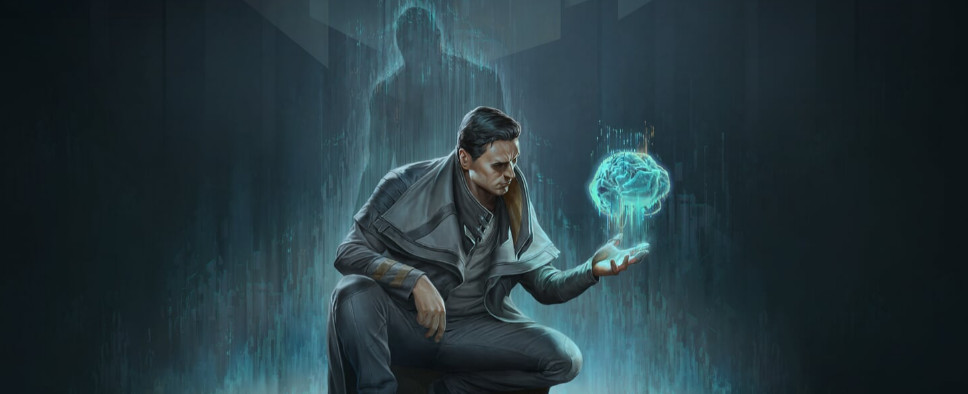Gamedec Update #28 - Deduction Overview
-
Category: News ArchiveHits: 1249

Anshar Studios’ cyberpunk detective RPG Gamedec will let you play as a cyber sleuth exploring virtual worlds and solving assorted mysteries. And if you’d like to know just how exactly all those mysteries will be getting solved, you should check out this Kickstarter update that offers an overview of the game’s Deduction system. Have a look:
Hey guys!
It's been a week since our campaign has ended, and we haven't covered one important topic yet.
Today we will look closer at the Deduction, arguably the essential in-game system.
When we started working on Gamedec, we knew that simulating the detective experience will be our top priority. We weren't, of course, the first developers to include investigations as a primary element of the game and not the first ones to build systems around it, but we believed there is still something interesting to be done with that kind of gameplay.
What we wanted to avoid was the checklist-deduction when you could get to the correct answer only after gathering a specific amount of evidence. It's a binary state when you can fill the checklist and get the right Deduction, or you're unable to progress. Another example of designs we didn't want to incorporate in Gamedec were the ones when the player almost instantly gets the feedback about whether he was right or not. Like there is this objective, all-knowing force that can, with all certainty, tell what happened and pass judgment. And you, as the player, can only agree with The Truth or not, which is not that fun and not realistic.
So our approach is different. On the one side, you gather info – this can be a statement, some intel, your findings, pieces of evidence. They unlock you the possible interpretation of facts (i.e., deductions). They are usually phrased in a precise way – e.g., if someone tells you they were unconscious during the murder, the deduction screen will keep it as "they say they were unconscious" and not "they were unconscious." Finding and interpreting contradictory statements is up to you.
But the more critical part of Deduction is on the right side of the screen. Those are the actual deductions – gamedec's understanding of the investigation—a spanning network of choices that unlock next reasoning structures. And, of course, there will be moments when you make the Deduction and get corrected minutes later (e.g., when you deduce someone ran into the alley, and after going there you see no trace of the perpetrator), but most of the time the game will allow you to roll with it.
What is extremely important is the fact the what you think happened is not the same as what you think *about* what happened. So you can deduce that a person is responsible for murder (and you may or may not be right), but you can still decide whether you would condemn them or let them free, depending on what you think about the whole context.
It is an incredibly complex system to develop narrative-wise, so we hope you'll like it as much as we do. Keep your fingers crossed for our designers!

